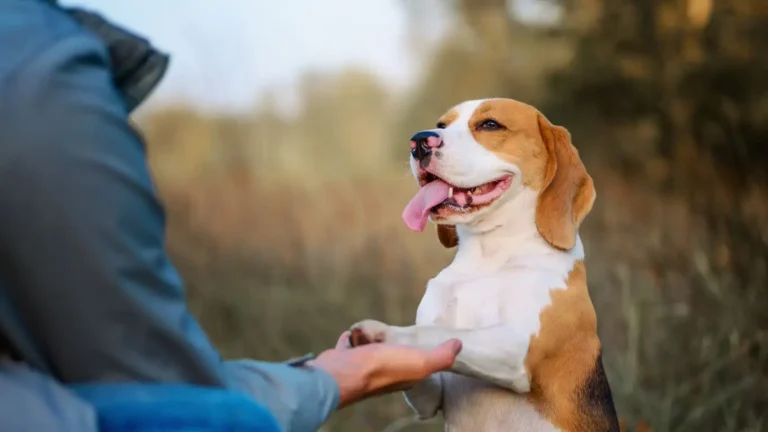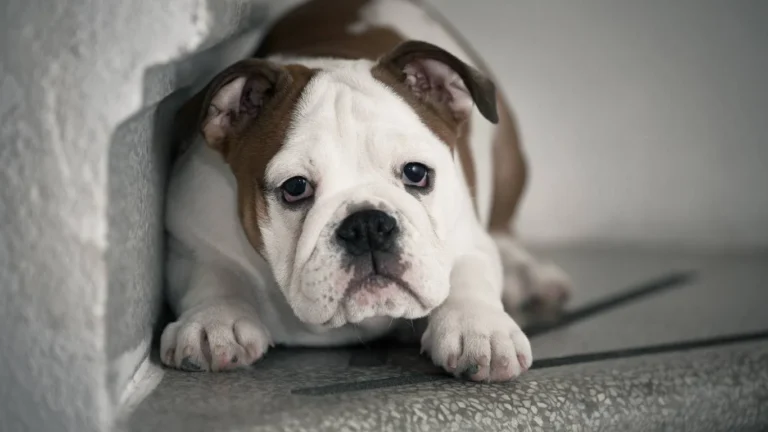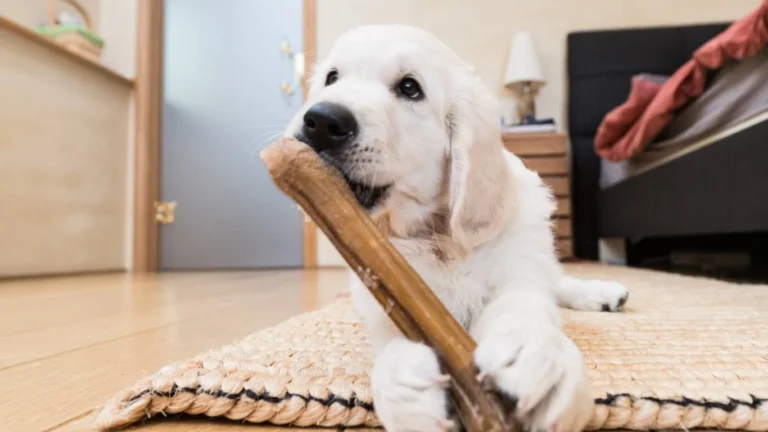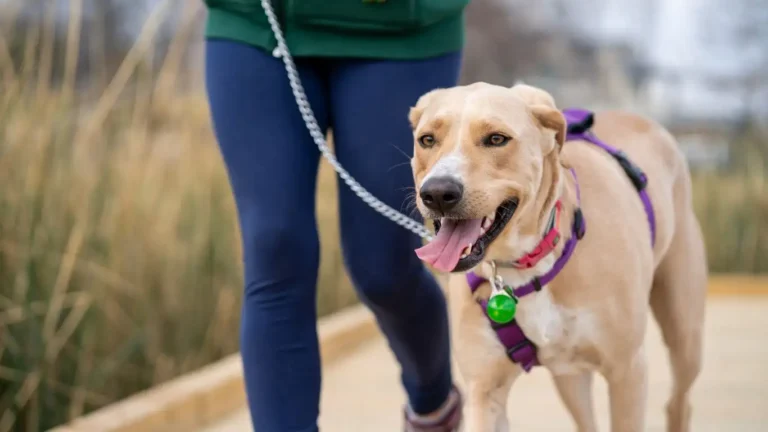Why Is My Dog Suddenly Afraid of Loud Sounds? Causes and Solutions
Ever found yourself wondering, “Why is my dog suddenly afraid of loud sounds?” If you’ve noticed your furry friend flinching, hiding, or trembling whenever a thunderclap, fireworks, or even a vacuum cleaner roars nearby, you’re not alone. As a Veterinary Assistant with a focus on nutrition and animal behavior, I’ve seen this sudden fear pop up quite often, and it’s always heart-wrenching to witness. Dogs, just like us, can develop sensitivities and anxieties for many reasons. But the good news? Understanding why this happens is the first step to helping your pup feel safe and secure again.
What Triggers Loud Sound Sensitivity in Dogs?

Loud noises can startle anyone, but dogs often experience these sounds on a whole different level. Their hearing is incredibly sharp—about four times more sensitive than ours—which means that what might be just an annoying noise for you can feel like a thunderous roar to them. But there’s more to it than just sound intensity.
Common Causes Behind Sudden Fear of Loud Noises
Based on my time assisting veterinarians and observing countless dogs, these are the main reasons your dog might be suddenly afraid of loud sounds:
- Previous Trauma: A dog that has been startled or frightened by loud noises in the past may develop a fear response that persists or worsens.
- Age-Related Changes: Older dogs sometimes develop hearing loss, which can ironically make sudden sounds more confusing and scary.
- Medical Issues: Ear infections or other painful conditions can heighten sensitivity to noise.
- Lack of Socialization: Dogs that haven’t been exposed to a variety of sounds during their early developmental stages may be more prone to fear later on.
- Stress and Anxiety: Just like people, dogs can have generalized anxiety that amplifies their fear of loud noises.
How This Fear Manifests
In my experience, the way dogs show their fear can vary widely. Some might try to escape the noise, others might hide under furniture, and some may even become aggressive if they feel trapped or overwhelmed. It’s crucial to recognize these signs early:
- Trembling or shaking
- Excessive barking or whining
- Hiding or seeking comfort
- Pacing or restlessness
- Destructive behavior due to stress
Why Is My Dog Suddenly Afraid of Loud Sounds? Understanding the Science Behind It
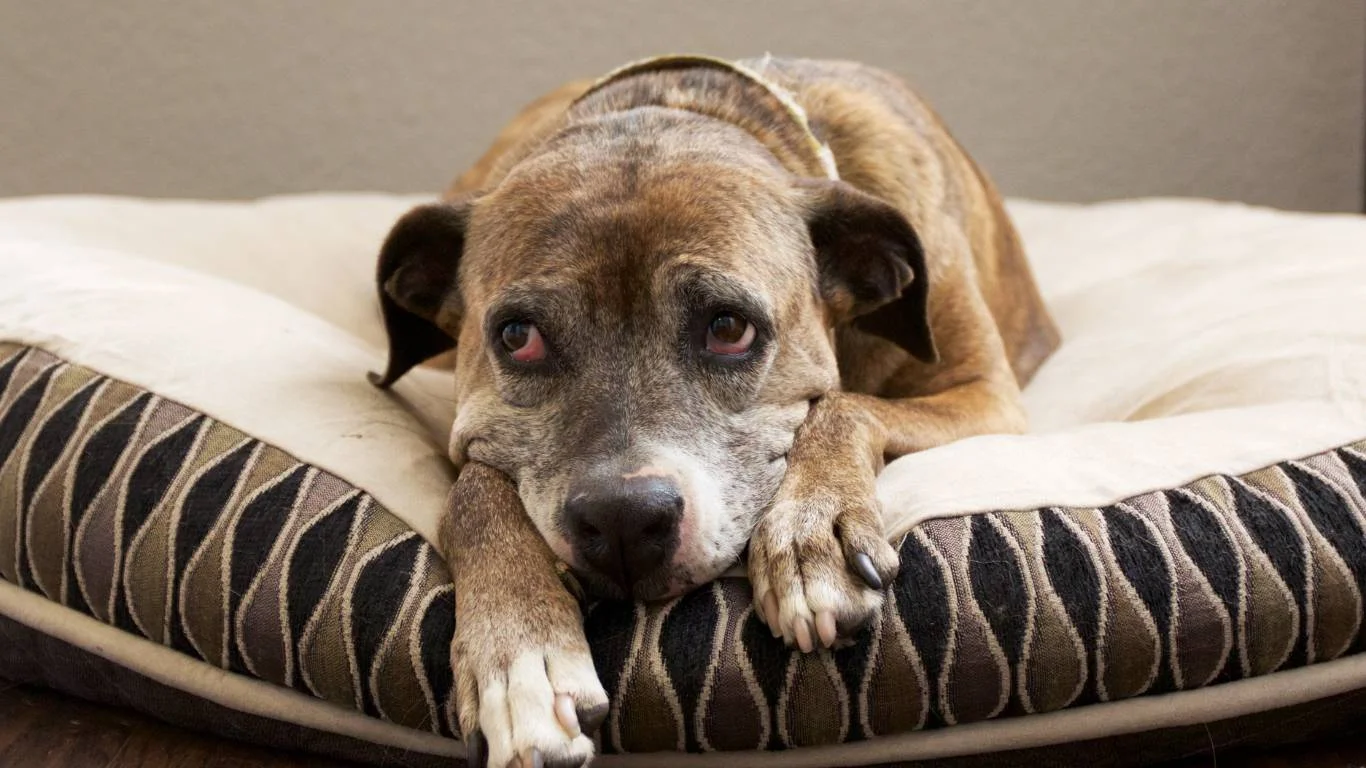
To really get why your dog’s fear might flare up seemingly out of nowhere, it helps to peek into how their brain processes sound. Dogs have a part of the brain called the amygdala, which is responsible for processing fear and emotions. When exposed to loud or unexpected noises, this area can trigger a rapid fight-or-flight response.
From my hands-on experience, I’ve noticed that dogs with sensitive nervous systems or those already dealing with anxiety can develop heightened reactions over time. Imagine the constant stress of feeling unsafe—it’s exhausting for them and can even affect their overall health.
Environmental and Nutritional Factors
It’s worth mentioning that what your dog eats and their environment play a big role too. Nutrition impacts brain health and mood, which in turn affects anxiety levels. During my time working with pets, I often see improvements in anxious behavior once diet and environment are addressed alongside behavior strategies.
- Balanced Diet: Ensuring your dog gets omega-3 fatty acids, antioxidants, and vitamins helps support brain function and reduce stress.
- Safe Spaces: Creating a quiet, cozy area can make a huge difference during noisy events like storms or fireworks.
- Consistent Routine: Dogs thrive on predictability, which can help ease anxiety and fear responses.
How to Help Your Dog Overcome Fear of Loud Sounds
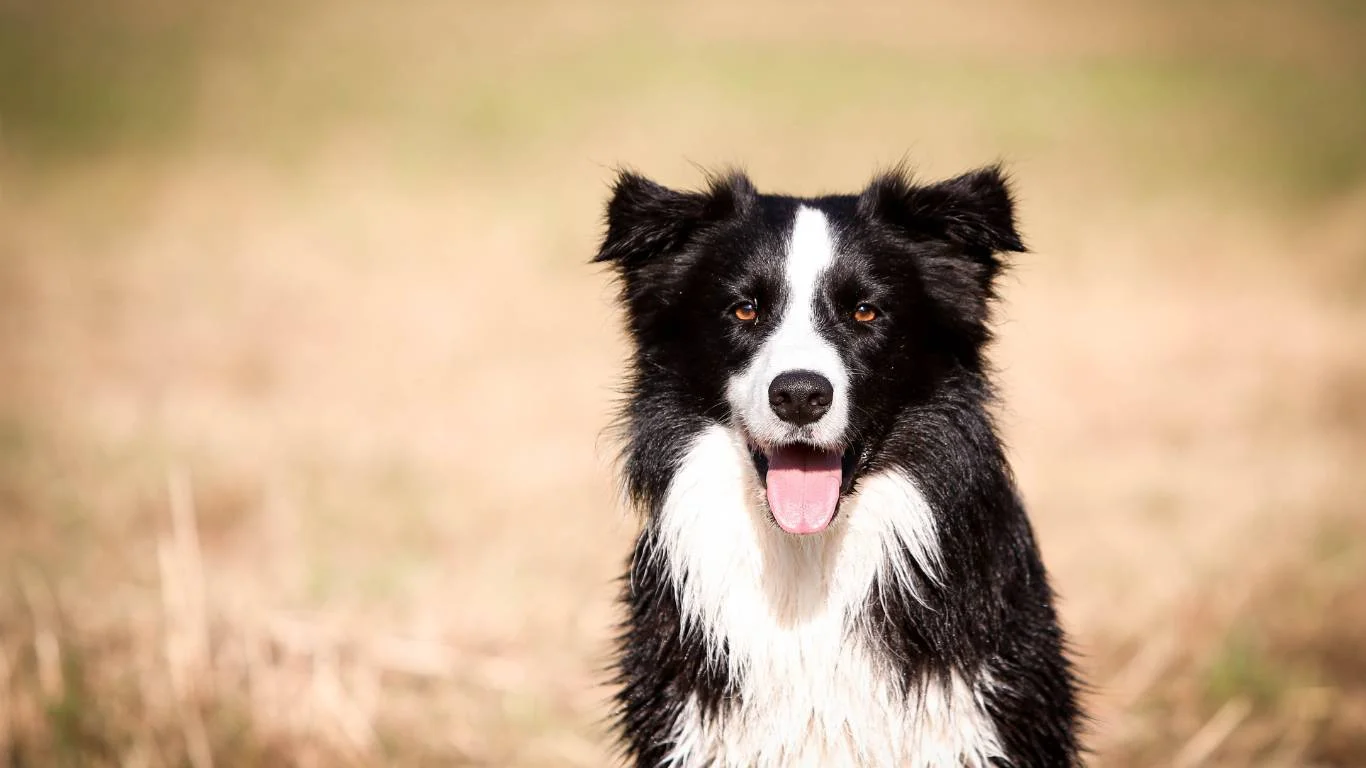
Seeing a dog suddenly afraid of loud noises can be tough to witness. From my years as a Veterinary Assistant, I’ve learned that patience and understanding go a long way. The good news? There are plenty of ways to support your dog through their anxiety and help them build resilience to those scary sounds.
Creating a Safe Haven
One of the first things I always recommend is setting up a safe space at home. This is a quiet, cozy corner or room where your dog can retreat when they hear loud noises. Think soft blankets, their favorite toys, and maybe an article of your clothing to comfort them with your scent. I’ve seen dogs transform when they have a dedicated spot that feels secure and calming.
Desensitization and Counter-Conditioning
This might sound fancy, but it’s really about gently exposing your dog to the sounds that scare them—at a very low volume at first—and pairing it with something positive, like treats or playtime. I remember working with a dog named Bailey who was terrified of fireworks. We played recordings of fireworks at a whisper and gave Bailey yummy treats every time, gradually increasing the volume over weeks. Slowly but surely, Bailey started to stay calm instead of hiding.
This technique takes time and consistency, but the results can be amazing. Just remember: never force your dog to confront sounds they’re not ready for, and always watch their body language for signs of stress.
When to Seek Professional Help
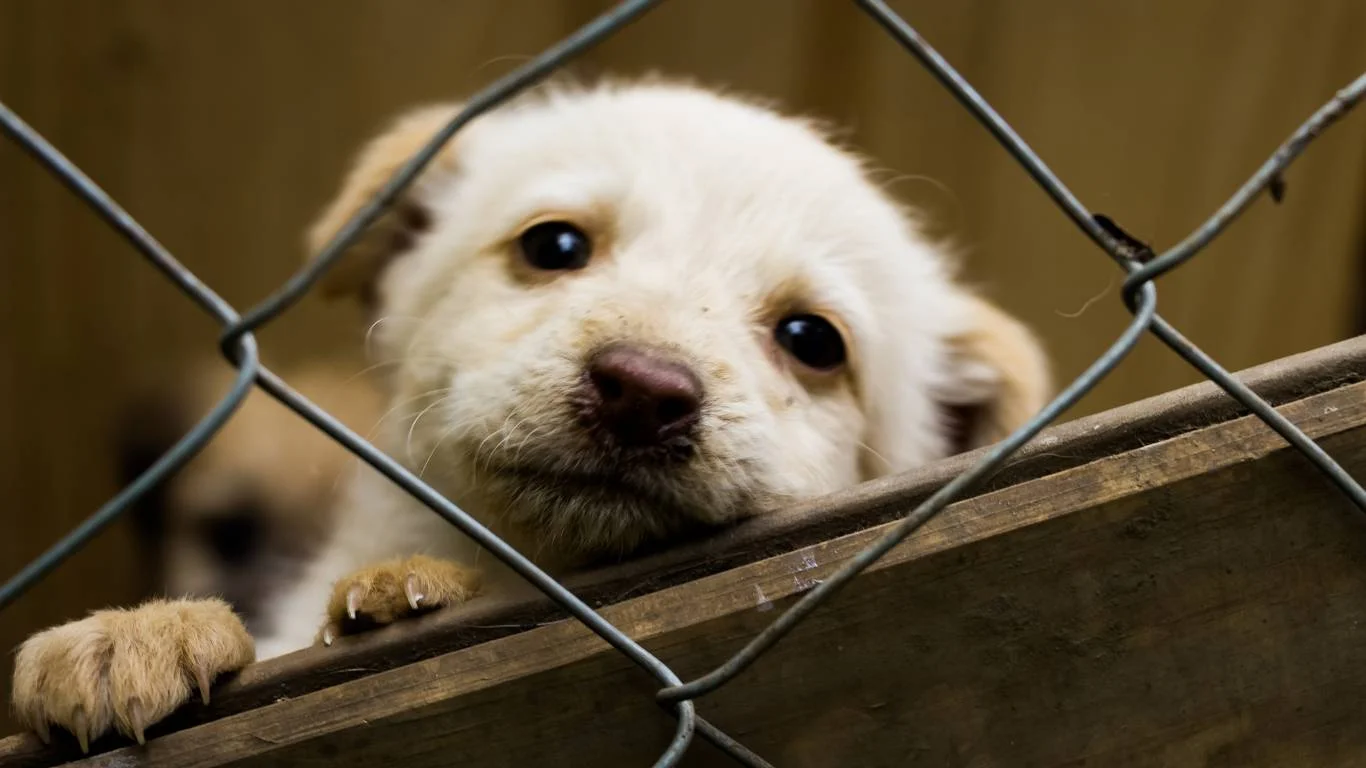
Sometimes, fear of loud sounds runs deeper than simple anxiety and may require expert intervention. If your dog’s reactions are extreme—like aggressive behavior, destructive tendencies, or if they’re so scared that they won’t eat or play—it’s a good idea to get advice from a professional. Veterinarians and certified animal behaviorists can tailor a plan specifically for your pup’s needs.
Medical Options and Supplements
In some cases, medication or calming supplements can provide relief while behavior modification techniques take effect. During my work in vet clinics, I’ve seen dogs benefit from natural supplements like CBD oil, L-theanine, or melatonin. Prescription medications might also be recommended for severe anxiety. But always talk to your vet first—never try giving your dog anything on your own.
Behavioral Therapy
Working with a certified trainer or behaviorist who specializes in anxiety can be a game-changer. These pros use positive reinforcement methods and have a deep understanding of canine psychology. I’ve collaborated with trainers who helped dogs not just cope, but actually thrive despite their fears.
Practical Tips You Can Start Today
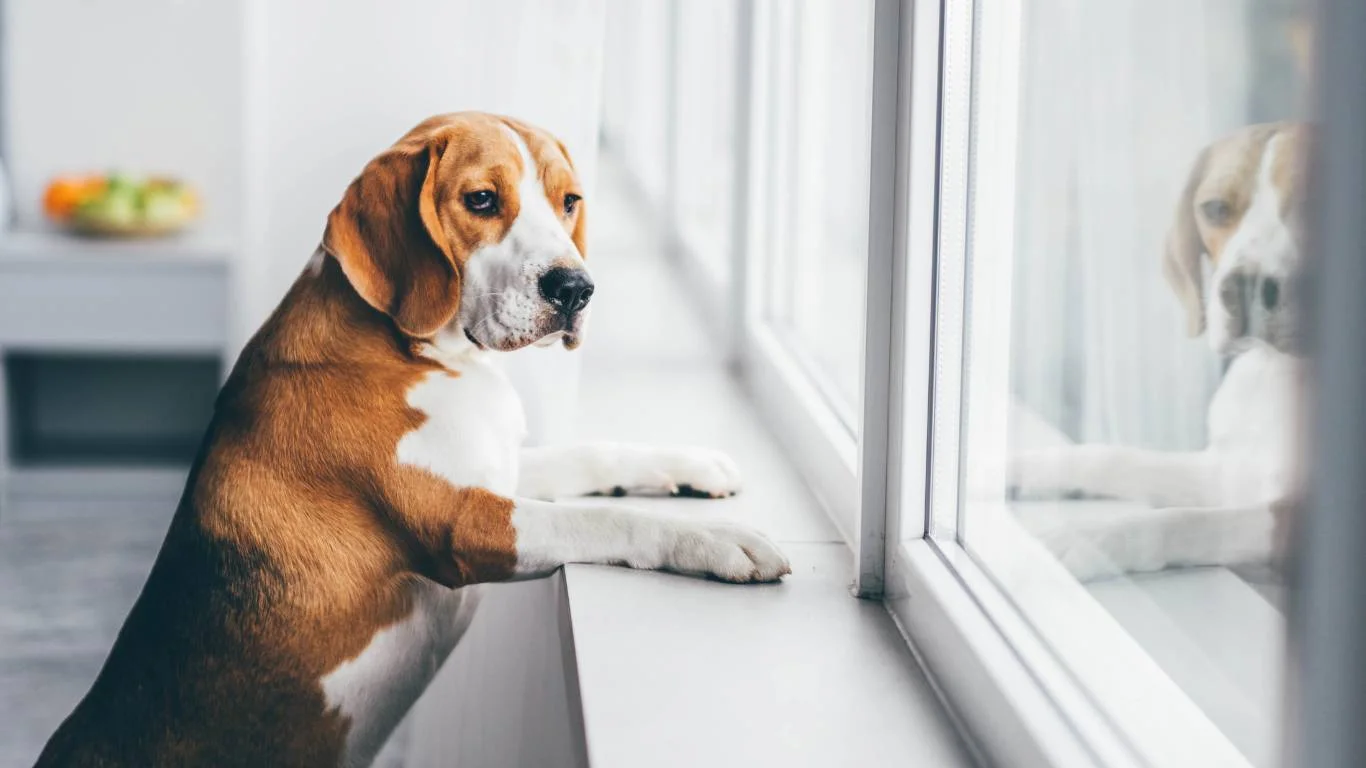
While professional guidance is invaluable, there are several simple things you can try at home right now to ease your dog’s fear of loud sounds:
- Stay Calm Yourself: Dogs pick up on our emotions, so keeping your tone soothing and body relaxed can help them feel safer.
- Distract and Engage: When noises start, try redirecting your dog’s attention with games or training exercises.
- Use White Noise or Music: Playing soft music or a white noise machine can mask sudden loud sounds and create a calming environment.
- Exercise and Mental Stimulation: A tired dog is often less anxious. Regular walks, puzzle toys, and interactive play can reduce overall stress.
- Maintain a Routine: Predictability comforts anxious dogs. Try to keep feeding, walks, and playtime consistent, especially during noisy events.
My Personal Experience
I’ll never forget a little terrier named Luna who came to the clinic trembling every time a motorcycle zoomed by nearby. It was painful for her owners to see, but with a combination of a safe space at home, gentle sound desensitization, and nutritional adjustments recommended by the vet, Luna gradually became more confident. Watching her go from hiding under the couch to wagging her tail during noisy times was one of the most rewarding experiences of my career.
Helping dogs like Luna is why I’m so passionate about spreading awareness and practical advice for pet parents dealing with sudden noise fears.
Long-Term Strategies to Support Your Dog’s Emotional Well-Being
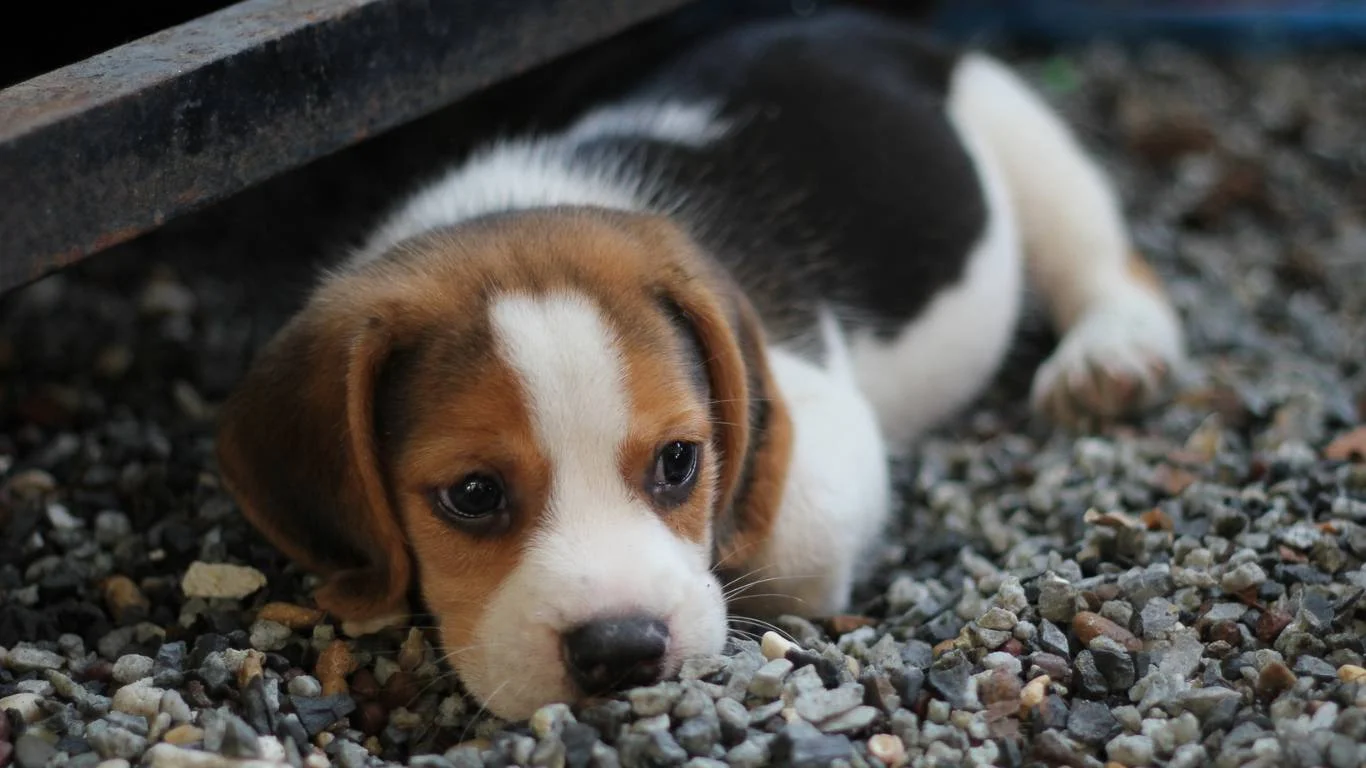
Helping your dog overcome a sudden fear of loud sounds is often a marathon, not a sprint. After working closely with pets and their families for years, I can confidently say that consistent care, empathy, and patience are key to long-term success. Beyond immediate relief, focusing on your dog’s overall emotional health sets the foundation for a happier, more confident companion.
Building Confidence Through Positive Experiences
One of the most powerful ways to combat noise fears is to build your dog’s confidence by exposing them to new, positive experiences regularly. It doesn’t have to be complicated—simple daily outings, socializing with calm dogs, or introducing new toys and games can all help.
From personal experience, dogs who have a variety of enjoyable, low-stress experiences tend to be less reactive when scary sounds come up. It’s like strengthening their emotional muscles, making them better equipped to handle stress.
Nutrition and Emotional Health
Since my focus has always included nutrition, I can’t stress enough how diet plays a role in managing anxiety. Foods rich in omega-3 fatty acids, antioxidants, and certain amino acids can help support brain function and stabilize mood. I’ve seen firsthand how switching to a high-quality diet can complement other anxiety management techniques.
Discussing your dog’s diet with a veterinarian or a qualified pet nutritionist can uncover helpful adjustments, whether it’s adding supplements or tweaking meal plans.
Understanding the Impact of Environment and Routine
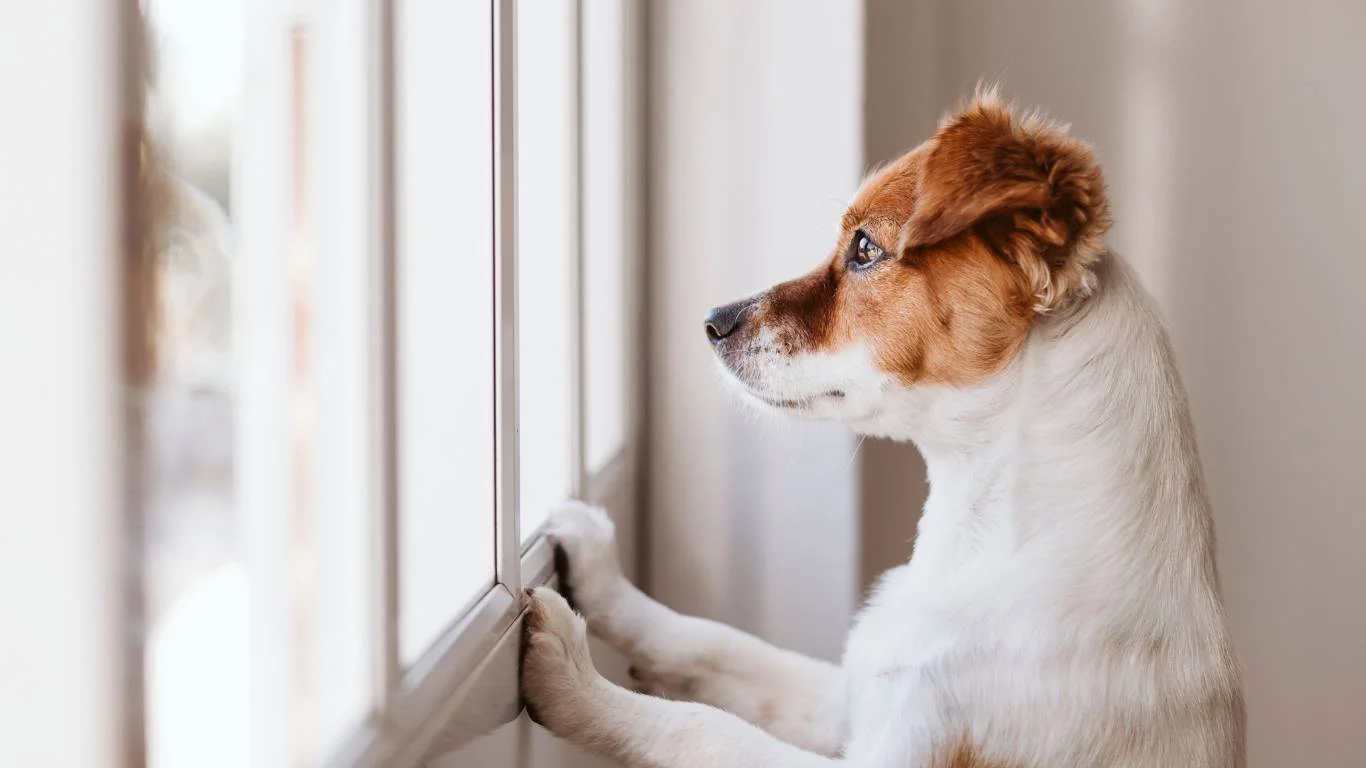
Your dog’s environment plays a huge role in their stress levels. Sudden loud noises are stressful enough, but if your dog’s day-to-day environment is chaotic or unpredictable, it can make noise fears worse. Creating a calm, structured environment isn’t just about quiet spaces—it’s also about predictability and comfort.
Consistency is Key
Dogs thrive on routine. When I’ve worked with anxious dogs, I always encourage owners to keep feeding times, walks, and play sessions consistent. Even little changes in schedule can unsettle a sensitive dog. Maintaining a routine helps them feel secure, reducing overall anxiety and making noise triggers easier to handle.
Environmental Enrichment
Another effective strategy is environmental enrichment. This means adding stimulating activities or objects that keep your dog’s brain engaged, like puzzle feeders, new scents, or interactive toys. An engaged dog is often less focused on external stressors, including loud noises.
Final Thoughts on Why Your Dog May Suddenly Fear Loud Sounds
It’s normal to feel worried or helpless when your dog suddenly becomes afraid of loud noises, but remember: you’re not alone in this. Understanding the why behind their fear is the first step toward helping them feel safe again. Whether it’s through creating a safe haven, using behavior modification techniques, seeking professional help, or adjusting their nutrition and environment, there are so many tools available to support your dog.
From my years working hands-on in veterinary settings, I’ve seen countless dogs make incredible progress—and so can yours. It takes time, patience, and love, but the bond you build while helping your dog overcome fear is incredibly rewarding.
References
- American Veterinary Medical Association
- ASPCA
- The Humane Society of the United States
- American Animal Hospital Association
Disclaimer
This article is intended for informational purposes only and is not a substitute for professional veterinary advice, diagnosis, or treatment. Always consult your veterinarian or a qualified animal behaviorist if your dog exhibits severe anxiety or fear-related behaviors. The author and publisher assume no responsibility for any adverse effects or consequences resulting from the use of the information provided.
